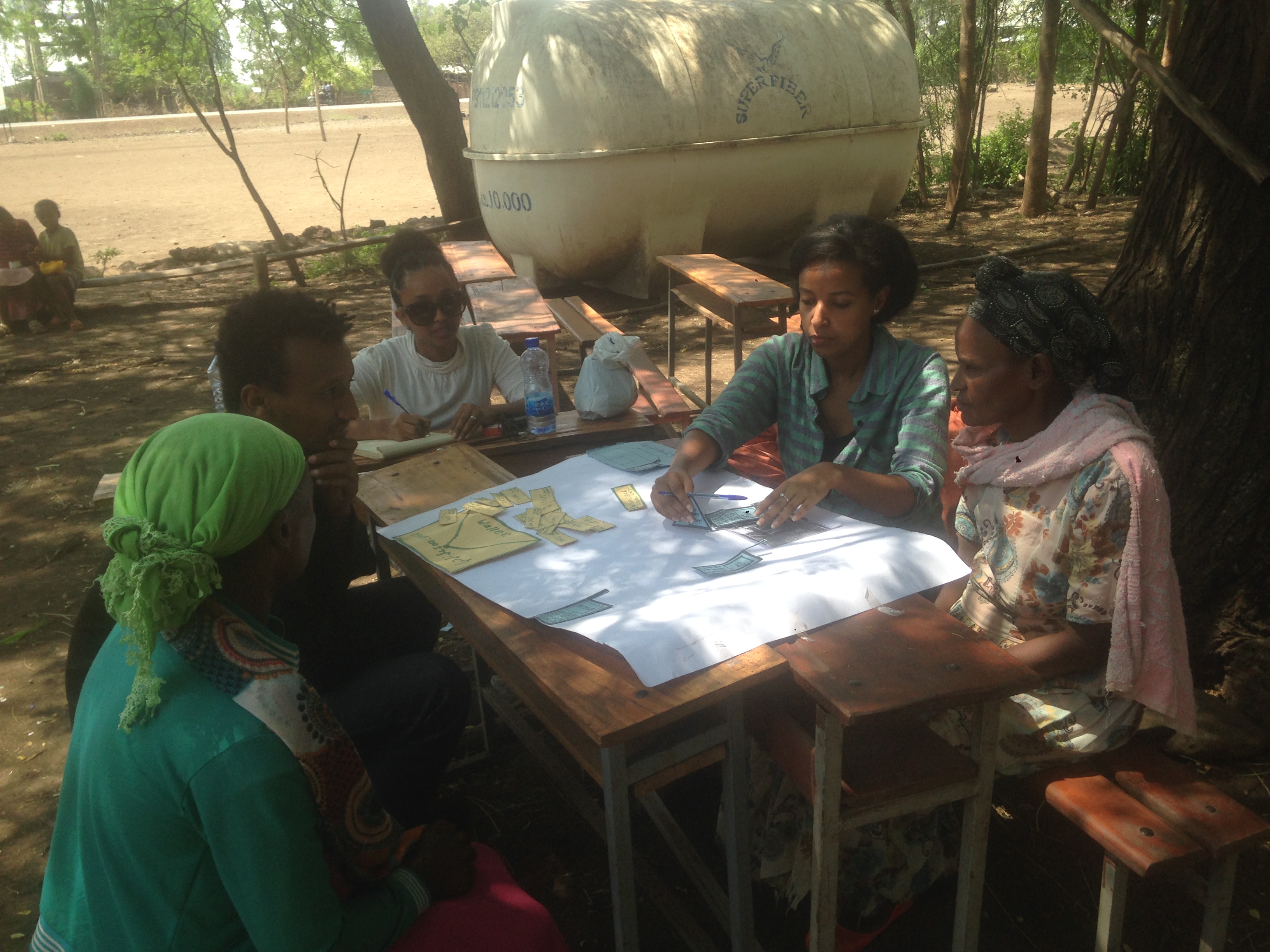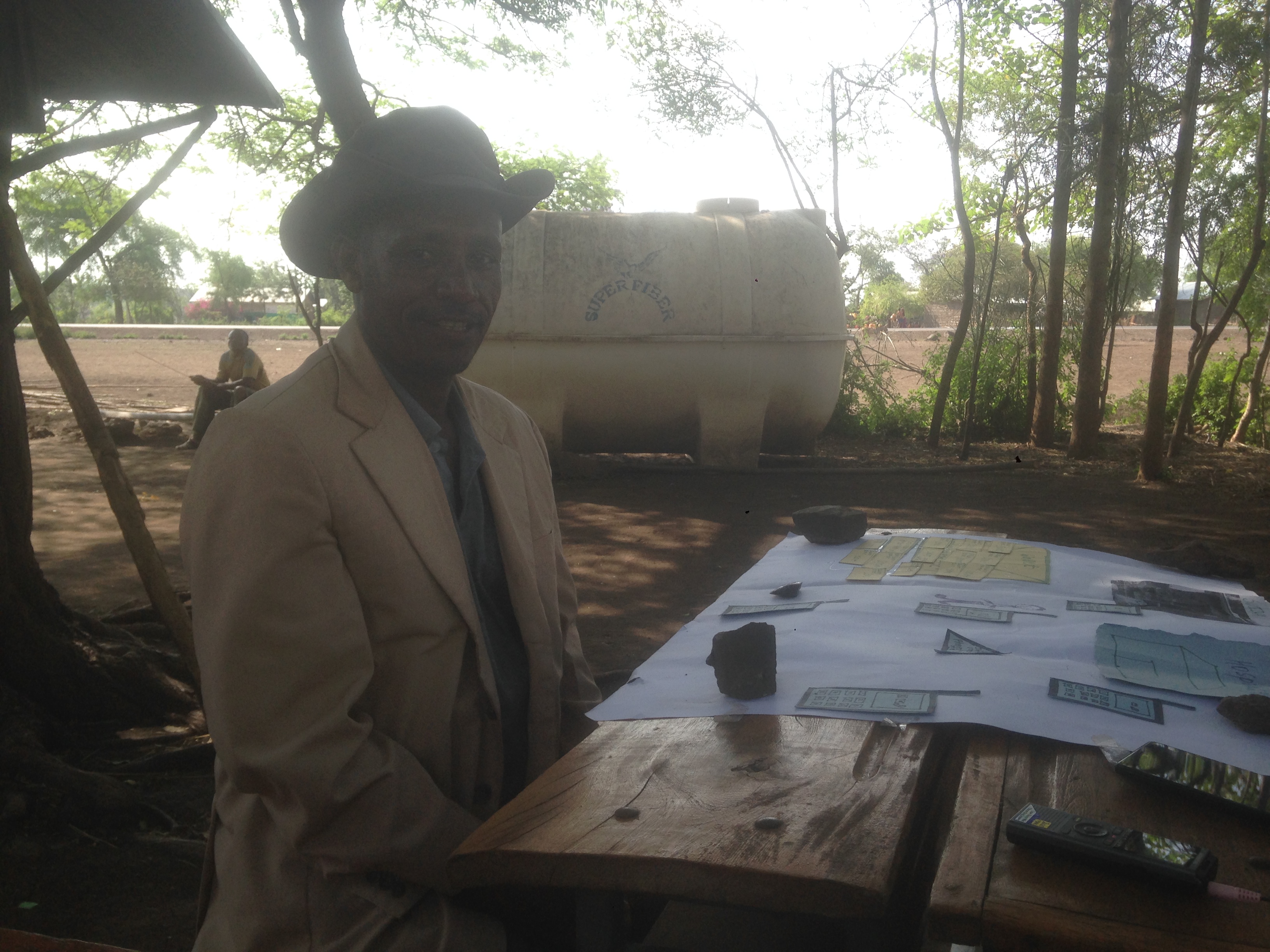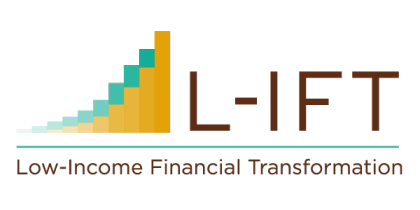Financial institutions as being the role players for financial circulation in Ethiopia are now in progress of transforming the traditional way of doing business via various digital technologies. Nevertheless, are they fully utilizing opportunities for becoming digitalized in order to address the non-financially included population? Currently, banks in Ethiopia offer mobile banking and ATMs so that their customers won’t be only based on branches level but this only benefits for those who are banked. Hence, what is the option for the unbanked population to be financially included?
One of the pain points we came across in our study “Assessment of Transaction Pools for Digital Financial Services Sector in Ethiopia” was that people living in rural areas are far to reach financial services and hence, are engaged in informal sources of finance such as Edir (Death benefit associations) and Equb (Rotating savings and credit associations) while others (comparably with higher economic status) incur lots of transportation cost in order to reach banks while continue using informal financing. Therefore, what is the solution for reaching the underserved population with financial services? For banks to branch out in every village is very costly thus; convenient and suitable digital money services with affordable price could be rendered by equipping well organized agent bankers. However, this is not an easy road since mobile money system is new in Ethiopia; awareness has to be a priority in order to penetrate into the market. In addition, people are resistant to changes and thus, the services should be appealing and reliable to gain the trust of the users and non-users.
Digital money is already at the surface in rural areas for the purpose of transferring PSNP electronically (safety net cash transfer scheme from government to the poorest people in the country) but the receivers don’t have the awareness about the system and they are not using it aside taking their payments. From our previous research ‘Assessment of Financial Capability of ePSNP Recipients in Ethiopia‘, we found that those people don’t have the know-how about M-birr providing mobile money solutions and even though they receive money through M-birr; due to lack of awareness and other factors not related to this topic[1], they are not using the system in their daily transactions.
As previously highlighted, awareness should be created by going deep into each village and patiently explain about the system to trusted, respected local persons. Those people have the capacity to tremendously promote the service into the community. During the field works we performed, we find it extremely surprising how uneducated society came to understand about digital financial services only with simple demonstration. Hence, on top of giving sufficient time for awareness creation, agents should be given incentives and trainings to vastly reach the community into using the system as they should engage in more than signing up customers.
Moreover, internet is the major platform for all financial transactions and through lack of infrastructure in this sector, penetration of e-commerce in rural areas has been impeded. Even in the capital city of the country where developments are highly observed compared to other regions; mobile money system is not as such spread out or it is a recent phenomenon. It can be concluded that Ethiopian financial system is one of the most underdeveloped as compared to even the rest of the African countries because cash is still the dominant medium of exchange while electronic payments are far to be known let alone be used for daily transaction purpose.
Therefore, there is a need of integration with all the stakeholders in the market and work towards financial inclusion in order to reach the huge unbanked population and make profit afterwards. Due to globalization, we need to keep up with the rapid change in technology and provide the best service to the country. And if we can serve the population with financial service, they can better save and invest to gain economic stability which in turn enables the country to move to higher economic growth.


